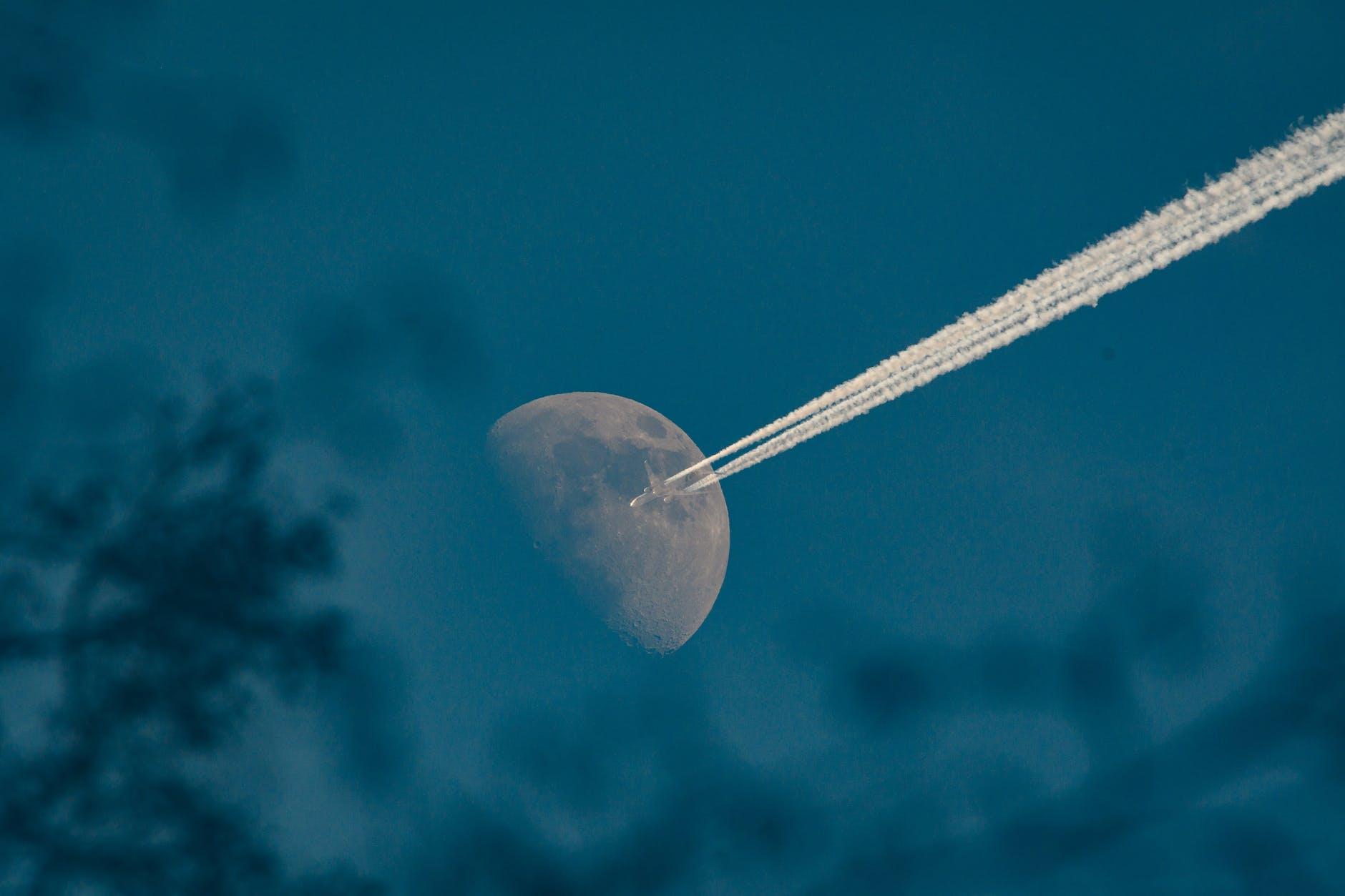Morning Sun
By David Joseph
I remember the first time I saw “Morning Sun” by Edward Hopper. I was on a school trip from our high school in Cleveland. It was only a two hour drive down to the Columbus Museum of Art and, truth be told, I was more interested in spending the afternoon making out with my boyfriend than staring at art. Museums were good field trips for making out. You could get lost easily, away from the chaperones, and I was looking forward to it. I didn’t have much affection for art either. It wasn’t that I disliked it, but I couldn’t understand the fuss.
When we got to the museum, we stepped off the bus and gathered in a group outside the entrance. The teacher let us know what time we were to meet back there, and she gave us some cursory instructions for looking at the art. Most of it went in one ear and out the other, and my boyfriend and I were holding hands by the time we entered the museum. The other girls were with their boyfriends, and we all split up. Once we were out of sight, we stole a couple quick kisses and began to explore the different rooms.
It’s hard to remember what happened next, but there was Hopper’s “Morning Sun” with a wood frame around canvas, hanging on the muted walls. It stopped me in my tracks, sat me down, halted all progress or hopes or dreams I might have had at the time. And, before I knew it, I was no longer looking at the woman staring out of the room. I was the woman. I was older, and I had seen the world. I had experienced it, and it was different than I had thought. My boyfriend was long gone, and I was alone. I was alone in the room, but I felt the morning sun. It was pouring in from the window, even though it was cold outside.
I just sat there on the bed in my peach nightgown, with my hands over the tops of my knees, staring out. The world was so cold, so impossibly cold, but I felt the warm sun on my face, on my cheeks, as I looked out over the buildings. The industrial buildings of a city in decay, a city forgotten. My grandfather had worked there years ago, in the garment district. It was long gone of course, not the district itself, but the manufacturing that once filled the center with life.
The large glass pane was beautiful, and it let the light in. There were no blankets on the bed, not anymore, but I was still warm. I could see the buildings were brown, and I figured my cheeks were red, but I wasn’t young anymore. I wasn’t young, and I wondered where my youth had gone. My hair was pulled back, but I was looking out, out through the window, across the rooftops of the old city, wondering what lay ahead.
David Joseph is a graduate of Hobart College and the University of Southern California’s Graduate Writing Program, where he was awarded the Kerr Fellowship. His writing has been published in The London Magazine, Wall Street Journal, DoubleTake Magazine, and Rattle. A recipient of the John Henry Hobart Fellowship for Ethics and Social Justice, he spent two decades as a nonprofit executive in Los Angeles. He has taught at Pepperdine University and at Harvard University.
© David Joseph
Photo Credit: © Alena / Adobe Stock



